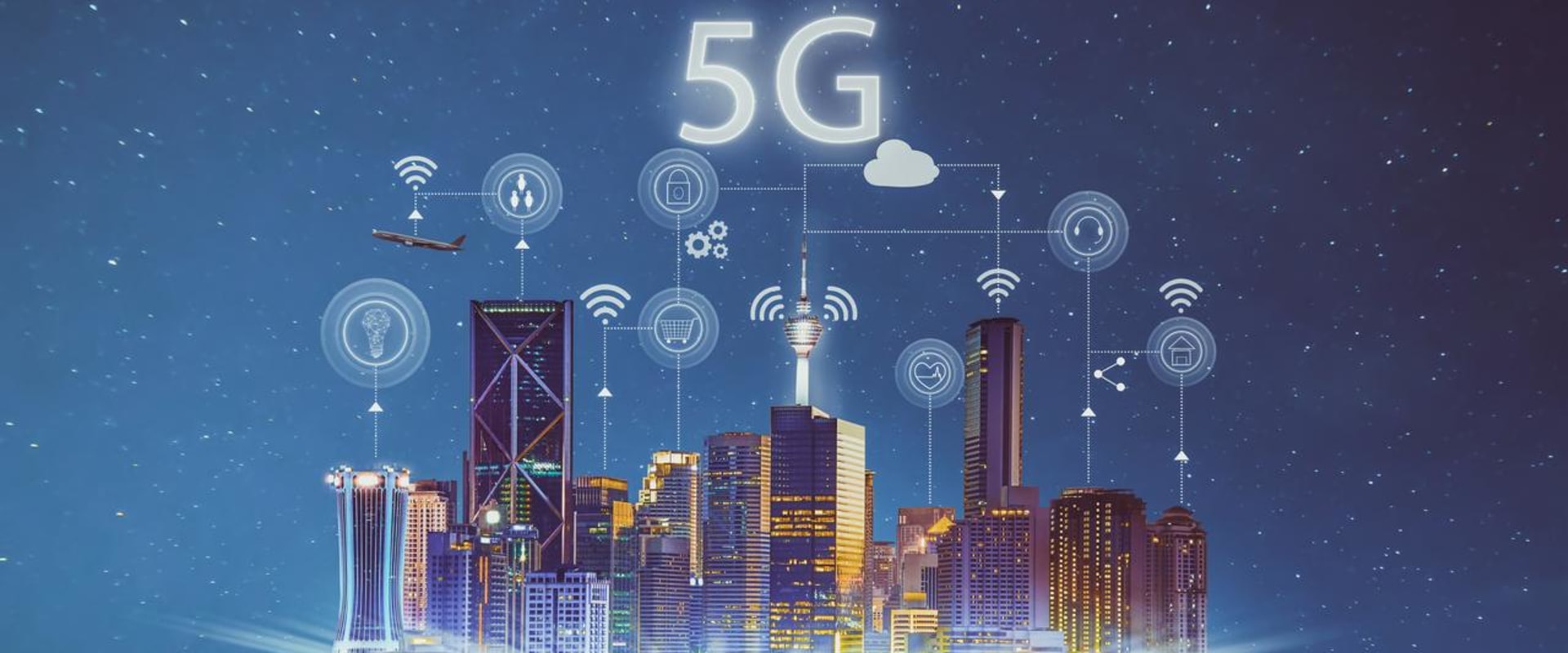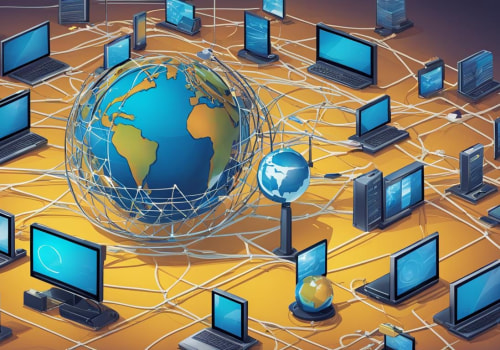As technology continues to advance at a rapid pace, the world of networking and mobile computing is constantly evolving. These two fields have become increasingly intertwined, with new technologies emerging that combine the power of both. From 5G networks to edge computing, there are several emerging technologies that are set to revolutionize the way we connect and communicate.
Networking and Mobile Computing: A Brief Overview
Before we dive into the emerging technologies, let's first understand what networking and mobile computing actually mean. Networking refers to the process of connecting multiple devices together to share information and resources.This can be done through various methods such as wired or wireless connections. On the other hand, mobile computing refers to the use of portable devices such as smartphones, tablets, and laptops to access information and perform tasks on the go. With the rise of mobile devices, networking has become even more crucial as it allows us to stay connected no matter where we are.
The Emergence of 5G Networks
One of the most talked-about emerging technologies in the world of networking and mobile computing is 5G networks. 5G stands for fifth-generation cellular wireless technology and is set to be a game-changer in terms of speed, capacity, and connectivity. With 5G networks, users can expect lightning-fast download and upload speeds, reduced latency, and increased network capacity. This means that we will be able to stream high-quality videos, play online games, and download large files in a matter of seconds. But what makes 5G even more exciting is its potential for powering other emerging technologies such as the Internet of Things (IoT) and autonomous vehicles.With its low latency and high capacity, 5G networks can support a massive number of connected devices, making it the perfect foundation for the future of technology.
The Rise of Edge Computing
Another emerging technology that is set to transform the world of networking and mobile computing is edge computing. Edge computing refers to the process of bringing computing power closer to the source of data, rather than relying on a centralized cloud server. This means that instead of sending data to a remote server for processing, edge computing allows for data to be processed locally on the device itself. This not only reduces latency but also improves security and privacy as sensitive data does not have to travel over a network. Edge computing is particularly beneficial for mobile devices as it allows for faster processing and reduces the strain on network bandwidth. This technology is already being used in various applications such as self-driving cars, smart homes, and industrial IoT.The Impact of Artificial Intelligence
Artificial intelligence (AI) has been making waves in various industries, and networking and mobile computing are no exception.AI-powered networking is set to revolutionize the way we manage and optimize networks. With AI, networks can become more intelligent and self-learning, allowing for better performance and efficiency. For example, AI can analyze network traffic patterns and make adjustments in real-time to ensure optimal performance. This will be particularly useful in 5G networks where there will be a massive amount of data being transmitted. In terms of mobile computing, AI can enhance user experience by personalizing content and services based on individual preferences. This will not only improve user satisfaction but also increase engagement and loyalty.
The Role of Blockchain Technology
Blockchain technology has gained a lot of attention in recent years, and its potential in the world of networking and mobile computing is immense.Blockchain is a decentralized digital ledger that records transactions in a secure and transparent manner. In terms of networking, blockchain can be used to create a more secure and efficient network infrastructure. It can also be used to manage network resources and ensure fair distribution of bandwidth among users. For mobile computing, blockchain can be used to create secure and decentralized applications, eliminating the need for intermediaries. This will not only improve security but also reduce costs and increase efficiency.
The Future of Networking and Mobile Computing
As we can see, there are several emerging technologies that are set to transform the world of networking and mobile computing. These technologies will not only improve our connectivity but also open up new possibilities for innovation and growth. With 5G networks, edge computing, AI, and blockchain technology, we can expect faster, more secure, and more intelligent networks.This will pave the way for the development of new applications and services that will enhance our daily lives.







